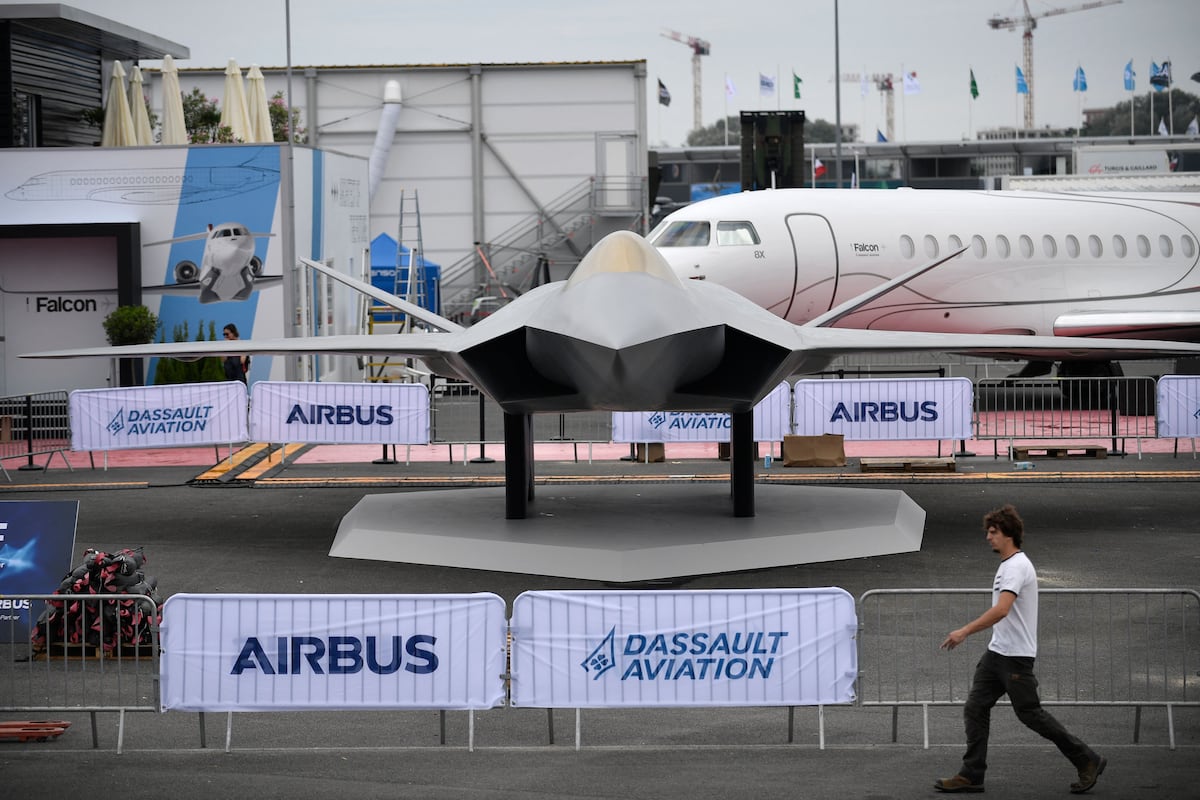Key Takeaways
- Germany and France aim to resolve Future Combat Air System project disputes by year’s end.
- French company Dassault Aviation seeks a larger role amid work-sharing disagreements.
- Collaboration is essential for meeting the project’s 2040 deadline and addressing operational needs.
Unraveling the Future Combat Air System’s Challenges
Germany and France are focusing on addressing the ongoing disputes regarding the Future Combat Air System (FCAS) project, with an expected resolution by the end of the year. German Defence Minister Boris Pistorius made this statement following a meeting with French Armed Forces Minister Sebastien Lecornu on July 24. The difficulties stem from disagreements among key industry players regarding project responsibilities.
Pistorius emphasized that while the involved companies are highly skilled, they also possess individual interests. “What’s important for the two of us is that the projects represent German-French cooperation and partnership, they don’t represent national egotism,” he noted in a joint press conference in Osnabrück, western Germany.
The FCAS project, primarily led by French aircraft manufacturer Dassault Aviation, is at a critical juncture. Dassault’s CEO, Eric Trappier, has been vocal about the company’s need for an enhanced role in this significant initiative, citing delays caused by ongoing debates over workload distribution with Airbus, which represents Germany and Spain.
In response to these challenges, France has proposed a reassessment of work-sharing arrangements to ensure adherence to the ambitious 2040 deadline for the project’s next phases. Lecornu described the FCAS project as having reached a “moment of truth,” as the forthcoming development of a demonstrator will create definitive operational ties between the partners.
While acknowledging existing challenges, Pistorius asserted that they are not insurmountable. Lecornu mentioned that both countries conducted an audit of the project’s initial phases to identify what worked and what did not, setting the stage for proactive instructions to their respective armaments agencies and companies moving forward.
Strengthening defense capabilities in Europe relies heavily on a cooperative Franco-German relationship. Both ministers are committed to the FCAS as well as the future Main Ground Combat System, scheduled for rollout by 2040. Lecornu highlighted that the primary aim for the FCAS is to fulfill the needs of their armed forces, including the capacity to deploy nuclear weapons and operate from aircraft carriers.
“The focus is not merely on industrial collaboration but on equipping our forces,” Lecornu remarked, noting a shift from previous approaches that often prioritized industrial development over military needs. Timely completion of the FCAS is crucial; any delays could push the program’s operational readiness beyond the target date of 2040, potentially extending to 2045.
In terms of sovereignty, Lecornu insisted that France’s interests must be maintained throughout the project. Conversely, Pistorius clarified that Germany will not impede future arms exports linked to the FCAS, reiterating that export controls are a national decision, independent of European Commission involvement.
As the partners navigate these critical issues, collaboration and a mutual focus on operational capability will be vital to the success and timely delivery of the Future Combat Air System.
The content above is a summary. For more details, see the source article.















